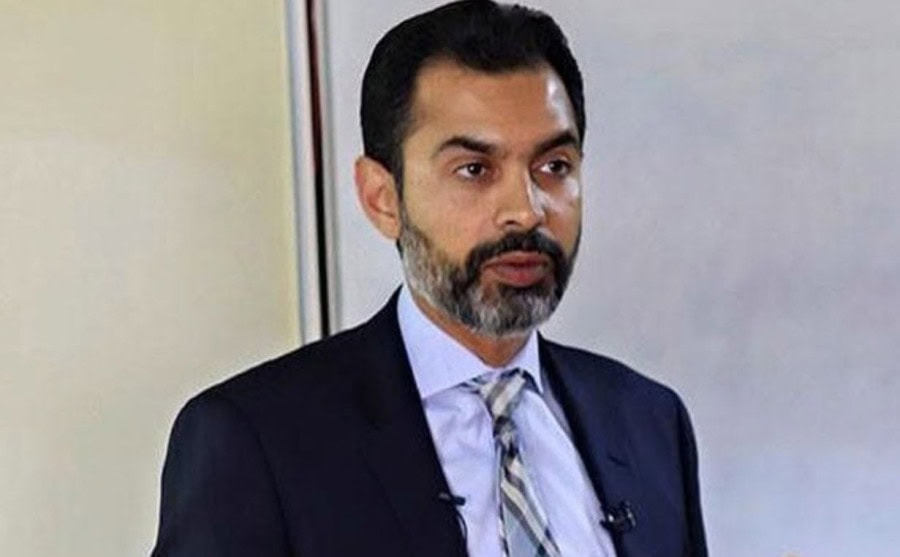Former governor of State Bank Reza Baqir has been appointed as Senior Fellow at Harvard Kennedy School.
Harvard Kennedy School (HKS), officially the John F. Kennedy School of Government, is the school of public policy at Harvard University in Cambridge, Massachusetts.
In a tweet, the former SBP governor said that his work would focus on improving global frameworks for resolving sovereign debt crises so countries can recover faster from debt distress.
Honored to have been appointed Senior Fellow at Harvard Kennedy School of Government @HKS_BizGov. My work will focus on improving global frameworks for resolving sovereign debt crises so countries can recover faster from debt distress. https://t.co/2ErztApbrZ pic.twitter.com/O9pzXspJhH
— Reza Baqir (@rezabaqir) September 13, 2022
Reza Baqir served as the Governor of SBP from May 2019 – May 2022.
“During this time, he led Pakistan’s financial response to the Covid-19 pandemic, which led to a quick economic rebound while lowering public debt and preserving foreign exchange reserves over 2020-21,” the HKS said in a statement on its official website.
He also initiated a series of initiatives to digitize Pakistan’s financial sector to promote innovation and inclusion.
These included;
(i) a new digital banking initiative for overseas Pakistanis that generated close to US$5 billion in foreign currency funding;
(ii) relaxations in Pakistan’s foreign exchange regulatory framework that spurred a wave of foreign investments in startups and fintech;
(iii) a new regulatory framework to license digital banks in Pakistan;
(iv) Pakistan’s first instant payment system Raast; and
(v) a dedicated policy—Banking on Equality—to support women’s access to finance
Reza Baqir also successfully negotiated a new IMF program and completed six subsequent reviews that stabilized the economy.
“He led two landmark reforms in this period: the introduction of a flexible exchange rate regime, a first for Pakistan, and changes to the central bank law to strengthen its independence,” the statement from the Harvard Kennedy School added.
Before Pakistan’s central bank, Reza worked for 19 years at the International Monetary Fund and 2 years at the World Bank. He headed the IMF’s office in Egypt during 2017-19 as IMF Senior Resident Representative and oversaw the successful implementation of the IMF’s loan program, then the largest in the Middle East region.
For 4 years, he headed the IMF’s Debt Policy Division, which oversees IMF’s work on sovereign debt sustainability and restructuring, worked on several sovereign debt restructurings, and represented the IMF in the meetings of the Paris Club.
Previously he was Deputy Chief of the Emerging Markets Division overseeing IMF’s loans in emerging markets and policies towards managing capital flows. Reza’s research has been published in the Journal of Political Economy and the Quarterly Journal of Economics, amongst other journals.
He holds a PhD in Economics from the University of California at Berkeley and an A.B. (Magna cum Laude) in Economics from Harvard University










